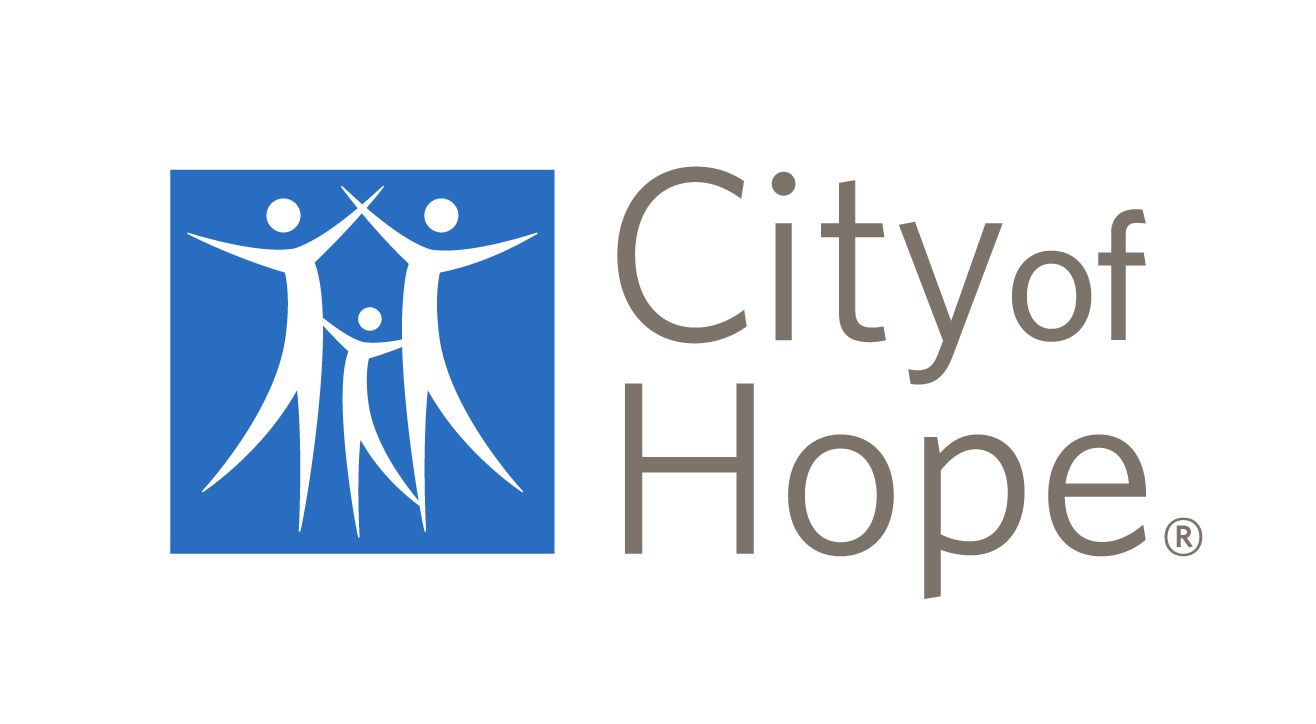- Advertise
- About OncLive
- Editorial Board
- MJH Life Sciences brands
- Contact Us
- Privacy
- Terms & Conditions
- Do Not Sell My Information
2 Clarke Drive
Suite 100
Cranbury, NJ 08512
© 2025 MJH Life Sciences™ and OncLive - Clinical Oncology News, Cancer Expert Insights. All rights reserved.
City of Hope doctors lead novel clinical trial to treat cancer patients with COVID-19
City of Hope is investigating an innovative treatment for cancer patients with COVID-19 by repurposing leflunomide, an anti-inflammatory drug for rheumatoid arthritis that is inexpensive and has few serious side effects, in a new clinical trial.
City of Hope is investigating an innovative treatment for cancer patients with COVID-19 by repurposing leflunomide, an anti-inflammatory drug for rheumatoid arthritis that is inexpensive and has few serious side effects, in a new clinical trial. Patients treated for cancer in the past two years may also be eligible.
The U.S. Food and Drug Administration (FDA) recently approved the start of a phase 1 trial. At a later date, a phase 2 randomized clinical trial may take place if the first trial finds leflunomide to be safe and tolerable for these patients. City of Hope plans to work with other local medical centers who are treating cancer patients for SARS-CoV-2, the virus that causes COVID-19, to enroll them in the trial.
“There are currently few effective drugs against COVID-19, and our clinical trial targets a critical high-risk group — cancer patients whose immune systems are already weak,” said Steven T. Rosen, M.D., City of Hope provost and chief scientific officer.
“Our hope is that leflunomide will eradicate COVID-19 in cancer patients, providing the medical community with an effective therapy against this devastating virus.” said Rosen, who is also Irell & Manella Cancer Center Director's Distinguished Chair and Morgan & Helen Chu Director's Chair of the Beckman Research Institute.
“City of Hope scientists perform research on a wide range of viruses that cancer patients can acquire, and our doctors deliver these therapies, as well as other treatments, with vast attention to how patients do on these therapies,” said Sanjeet Dadwal, M.D., City of Hope chief of the Division of Infectious Diseases and the trial’s principal investigator. “We are using our extensive clinical and research expertise to find better treatments for patients with COVID-19.”
For the phase 1 trial, all patients will receive leflunomide and may also be able to simultaneously receive other standard of care treatments for COVID-19. They may receive remdesivir, an antiviral therapy. Patients with acute respiratory distress syndrome may receive the steroid, dexamethasone, and patients with complications of COVID-19 such as cytokine release syndrome (CRS), which can lead to multiple organ failure, can receive the antibody tocilizumab.
As a comprehensive cancer center, City of Hope has extensive experience treating patients with these therapies, including tocilizumab, which is used to treat CRS in patients who receive chimeric antigen receptor (CAR) T cell therapy. The institution is a leader in delivering CAR T therapy.
If the phase 1 trial is found to be a safe and tolerable treatment, then a phase 2 randomized, double-blind trial will open at a later date. About half the patients will receive leflunomide with standard of care therapies to treat COVID-19, and the other half will receive a placebo and standard of care drugs as well.
Leflunomide is an oral and generic anti-inflammatory drug approved by the FDA to safely treat autoimmune diseases such as rheumatoid arthritis. The therapy has also been used in cancer patients with cytomegalovirus with tolerable side effects.
Laboratory experiments performed at City of Hope and Wuhan, China, indicate that leflunomide has high potential to shut down viral replication by preventing the synthesis of viral RNA, the genetic material. It also downregulates the expression of ACE 2, a receptor for COVID-19 cell entry. A small clinical trial using leflunomide in China also demonstrated the therapy has potential antiviral drug against COVID-19.
In a phase 1 clinical trial, City of Hope treated patients with advanced multiple myeloma with leflunomide. The therapy stabilized their disease with tolerable side effects.
The National Cancer Institute has funded the trial with a P30 grant supplement for COVID-19 research projects. City of Hope is one of a few cancer centers that has received such funding during the pandemic.
City of Hope also received generous funding from private donors, including The Elias, Genevieve and Georgianna Atol Charitable Trust and The Norman and Sadie Lee Foundation.
Learn more about patient eligibility for the trial here.


